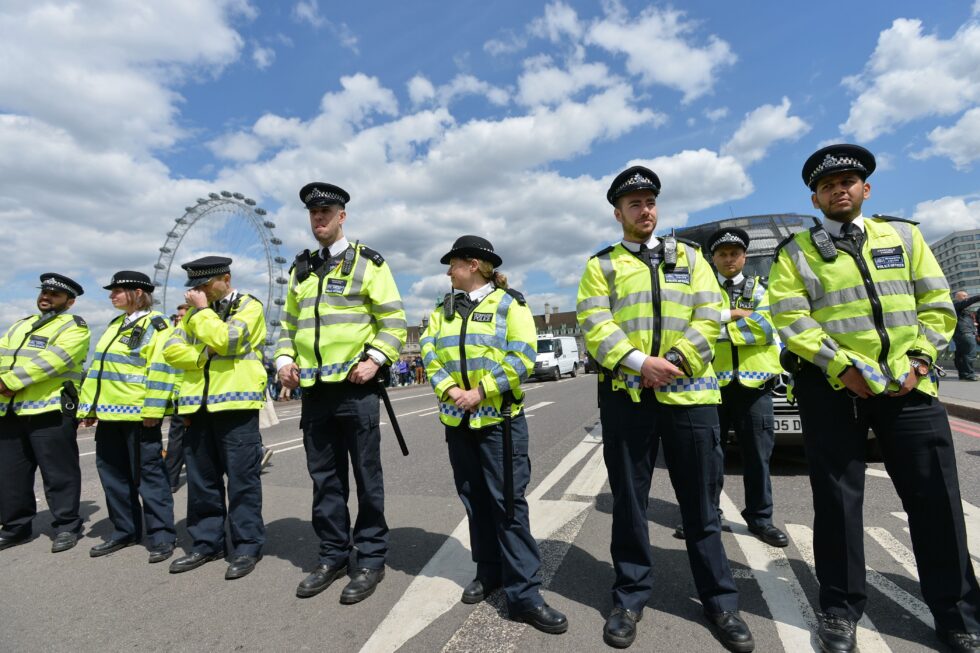
Britain's Conservative government is planning to introduce major changes to public order legislation to crack down on protests, under a new “Protection of the Police and Public Bill” planned for 2021 netpol.org/2020/11/26/gov… 

Firstly, the government wants to amend Section 14 of the Public Order Act that gives police the power to impose conditions of a static assembly - so it is more like powers aimed at processions, which can also prohibit a demonstration from entering a specified public place.
Secondly, the government plans to change the wording of powers to impose conditions on protests so that they are no longer for “serious disruption to the life of the community” but for “SIGNIFICANT disruption”, allowing greater flexibility to use these powers
Thirdly, the government intends to introduce new grounds for using stop and search to “prevent significant disruption”, which could include searches for items that protesters could potentially use for direct action or civil disobedience, such as D-locks or climbing equipment.
This would represent a significant expansion of stop and search powers and encourage front-line police officers to search everyone even vaguely associated with a particular protest, just as Kent Police officers did (unlawfully) at Kingsnorth Climate Camp back in 2008.
New grounds to use stop and search powers to “prevent significant disruption” is also like to have a wider use/misuse beyond the policing of protests, particularly in communities already disproportionately targeted
• • •
Missing some Tweet in this thread? You can try to
force a refresh



